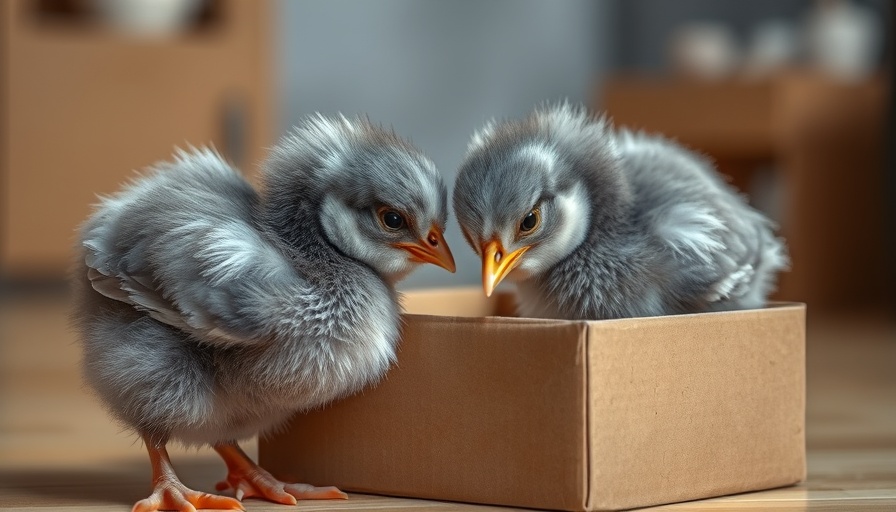
Identifying Chicken Breeds: A Challenge for Enthusiasts
In the world of poultry keeping, understanding chicken breeds is crucial not only for aesthetics but also for husbandry practices. The question posed by many enthusiasts, "What breed are these?" reflects a common curiosity and a fundamental step in responsible chicken ownership. Each breed comes with its own set of characteristics, including temperament, egg production, and climate adaptability, which significantly affect both the farmer's experience and the chickens' welfare.
The Importance of Breed Knowledge
Knowing the breed of your chickens is paramount in creating suitable living conditions and ensuring their proper health care. For instance, some breeds like the Leghorn are known for their high egg production, whereas others, such as the Orpington, tend to be more docile and better suited for backyard settings. This knowledge allows owners to tailor their management practices to enhance the health and productivity of their flock.
Common Misconceptions About Breeding
While many people may think that all chickens are the same, the reality is far more complex. There are distinct types of chickens bred for various purposes, including egg-laying, meat production, or exhibition. It's essential to dispel the myth that breed selection is insignificant. In fact, choosing the appropriate breed helps to mitigate health risks and improve overall flock dynamics.
Future of Poultry Breeding: Trends and Insights
As interest in urban farming and sustainable practices grows, the need for diverse and resilient breeds will likely become more significant. Breeders and farmers will need to focus not only on heritage breeds but also on developing new hybrids capable of thriving in varied environments. This shift will be essential in tackling future challenges posed by climate change and global food security.
In conclusion, understanding chicken breeds goes beyond mere identification; it serves as a foundation for successful poultry management and sustainable practices. Engaging in discussions about breed characteristics can lead to improved husbandry practices and healthier chicken populations. Educating potential poultry owners about these differences could transform the backyard chicken experience, allowing each owner to appreciate the unique qualities that their birds bring to their environments.
 Add Row
Add Row  Add
Add 




Write A Comment